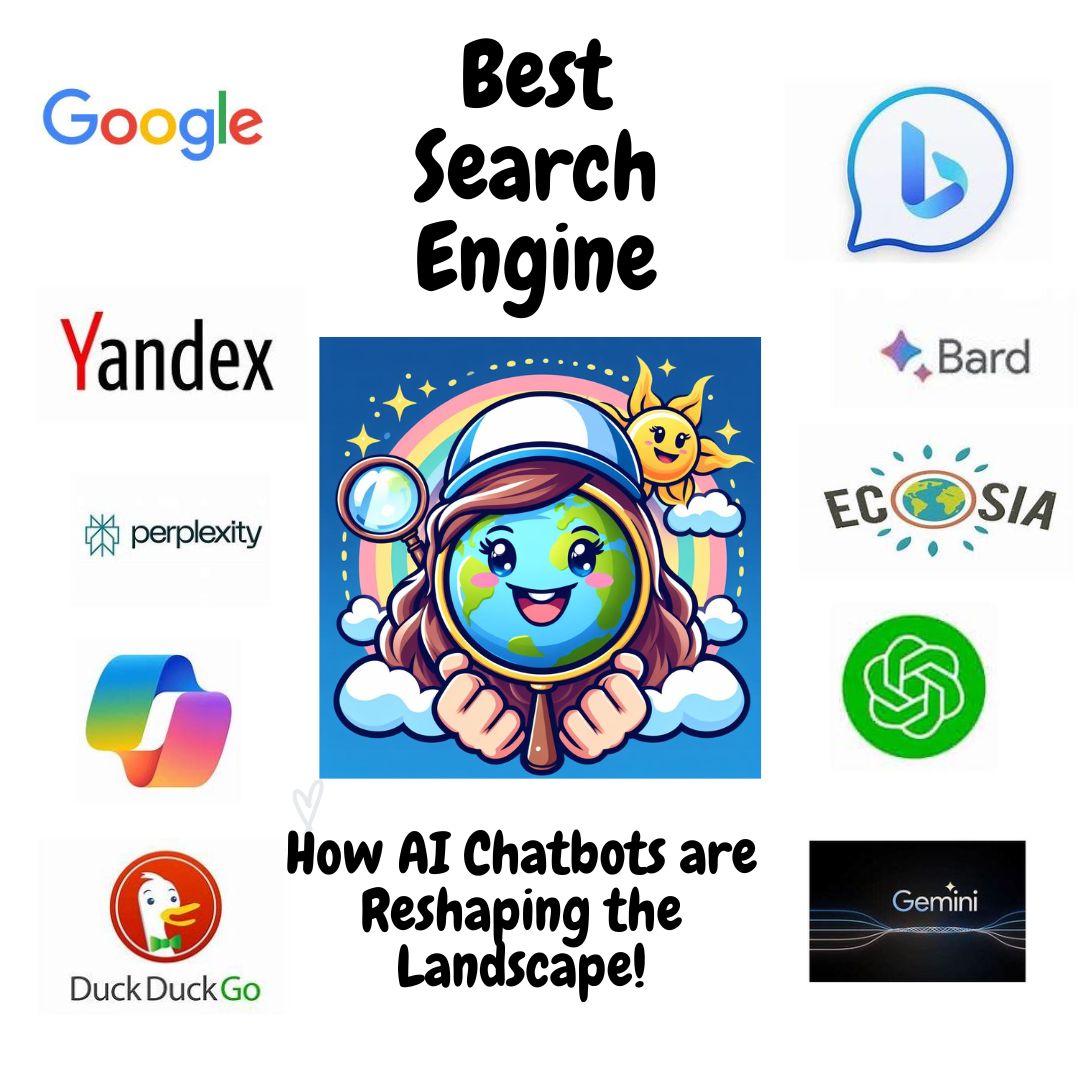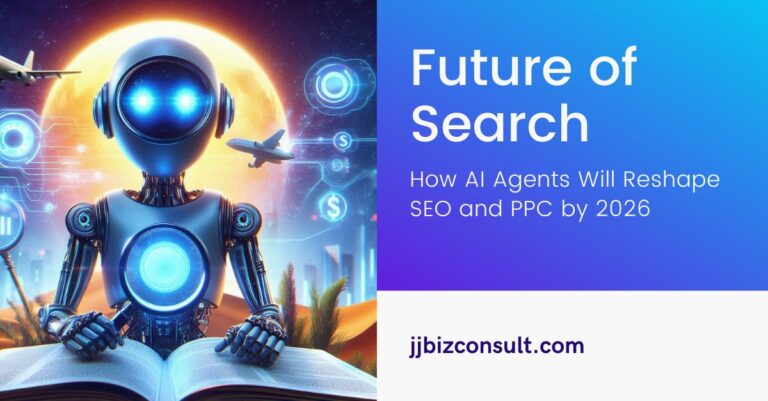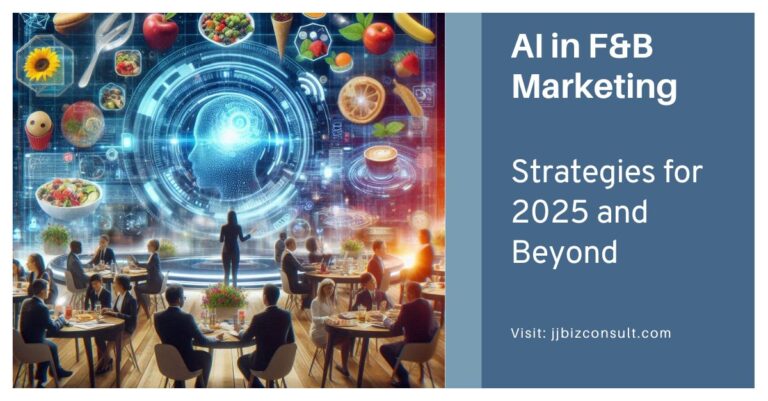
Best Search Engine: How AI Chatbots are Reshaping the Landscape
Best Search Engine Options Explored: The Future of Search: How AI Chatbots are Reshaping the Landscape.
Introduction
Finding the best search engine used to be simple. But with the rise of AI chatbots and evolving search landscapes, the game has changed. This blog post delves into the current state of search engines, the challenges they face, and the exciting potential of AI-powered search tools.
The Google Dilemma

Google, the undisputed giant of search engines, has been our go-to resource for decades. We’ve even coined the term “googling” to describe online searches. But with great power comes great responsibility. Google’s dominance has attracted a deluge of sponsored links, spammy content, and questionable results. The culprit? Search engine optimization (SEO) techniques that prioritize quantity over quality.
The Decline of Search Quality
A recent study by German researchers suggests that the quality of search results from Google, Bing, and DuckDuckGo is on the decline. Users have noticed a shift away from genuinely useful information, replaced by noise and irrelevant content. While Google maintains that its results are superior, third-party measurements tell a different story.
Best Search Engine : Enter the AI Chatbots
Generative artificial intelligence (AI) chatbots are the new players in the search game. These smart algorithms can understand context, generate human-like responses, and adapt to user needs. Google itself has stepped into this arena with its AI chatbot assistant, formerly known as Bard, now rebranded as Gemini.
Meet Gemini: Google’s AI Chatbot Assistant
- Seamless Transition: Bard users have been redirected to the Gemini site, accessible via desktop or mobile browsers. The transition is smooth, ensuring continuity for existing users.
- Global Expansion: Gemini has recently launched in the U.S. and is gradually rolling out in Japanese, Korean, and English. While Britain, Switzerland, and Europe are excluded for now, an update notice hints at more countries and languages being added soon.
Beyond Links: The Search Generative Experience
Google’s experimental Labs site introduces the concept of the Search Generative Experience. Instead of traditional links, users receive AI-generated snapshots of key information. Although currently limited to U.S. users, this innovation could revolutionize how we interact with search results.
Best Search Engine : Challenges and Considerations
While AI chatbots promise efficiency, they also raise concerns:
- Accuracy: As a nascent technology, AI chatbots may occasionally provide inaccurate or incomplete information.
- Reliability: Users must weigh the reliability of AI-generated responses against traditional search results.
- Ethics: Transparency about AI’s involvement is crucial to maintain user trust.
What is the difference between Gemini and Bard?
Let’s explore the differences between Gemini and its predecessor, Bard:
- Name and Rebranding:
- Bard: Google initially introduced its AI chatbot assistant as “Bard.” However, it has since retired that name.
- Gemini: The same AI chatbot now goes by the name Gemini.
- Functionality:
- Bard: As Bard, the chatbot provided assistance with search queries, answering questions, and generating relevant information.
- Gemini: Gemini continues this legacy, offering similar functionalities. Users can still rely on it for search-related tasks.
- Global Availability:
- Bard: Initially, Bard was accessible to users globally.
- Gemini: While Gemini is available in the U.S., it is gradually rolling out in Japanese, Korean, and English. More countries and languages are expected to be added soon.
- User Experience:
- Bard: Existing Bard users were seamlessly redirected to the Gemini site, ensuring a smooth transition.
- Gemini: The user experience remains consistent, whether accessed via desktop or mobile browsers.
- Search Generative Experience:
- Bard: Bard did not introduce any significant changes to the traditional search results format.
- Gemini: Google’s experimental “Search Generative Experience” replaces standard links with AI-generated snapshots of key information. However, this feature is currently limited to U.S. users who sign up through Google’s experimental Labs site.
- AI Accuracy and Reliability:
- Both Bard and Gemini leverage AI technology. However, users should be aware that AI chatbots, while promising, may occasionally provide inaccurate or incomplete responses. Reliability remains a consideration.
In summary, Gemini builds upon Bard’s foundation, aiming to enhance the search experience through AI-powered assistance. As the landscape evolves, we can expect more innovations and improvements in how we interact with search engines. 🌐🔍

Other AI chatbots and search engines beyond Gemini, Bard, and Google.
Let’s broaden our perspective beyond Gemini, Bard, and Google. While these are prominent players, other AI chatbots and search engines also contribute to the evolving landscape. Here’s a glimpse of some additional contenders:
Microsoft Copilot (formerly Bing Chat):
Overview: Microsoft Copilot is an AI assistant that handles questions and tasks via generative AI. It encompasses various specialized Copilots, each designed for specific purposes.
Platform: Currently part of Windows 11 and Microsoft 365, accessible through the web.
Variants: Copilot versions exist for cybersecurity, sales, and services, with more on the horizon.
Bing Chat:
- Rebranding: Bing Chat has been rebranded as Microsoft Copilot. The user experience remains largely unchanged, but the name shift adds a layer of confusion.
- Functionality: Similar to Copilot, Bing Chat assists with search queries and tasks using AI-based responses.
- Limitations: Bing Chat’s daily chat limit varies based on the web browser used (e.g., Microsoft Edge allows 30 messages per conversation, while Chrome or Safari permits five messages).
Other AI Chatbots:
- ChatGPT: Developed by OpenAI, ChatGPT is another powerful AI chatbot. It continues to evolve, incorporating user feedback and expanding its capabilities.
- Various Industry-Specific Chatbots: Many companies deploy AI chatbots tailored to specific domains, such as customer service, healthcare, or finance.
Best Search Engine: Search Engines Beyond Google
- Bing: Microsoft’s Bing search engine competes with Google. While it may not dominate the market, it offers unique features and serves as an alternative.
- DuckDuckGo: Known for privacy-focused search, DuckDuckGo doesn’t track user data. It emphasizes unbiased results and simplicity.
Ecosia: Ecosia combines search with environmental impact. It uses ad revenue to plant trees globally.
Yandex: Popular in Russia, Yandex provides localized search results and services.
The Role of AI in Search Engines:
- AI-driven search engines continue to evolve. They enhance relevance, personalize results, and adapt to user behavior.
- Generative AI: Beyond chatbots, AI generates content, summaries, and even replaces traditional links with key information.
In this dynamic landscape, AI chatbots and search engines coexist, each contributing to how we discover information. As technology advances, we’ll witness further innovations and improvements. 🌐🔍

Best Search Engine : What are some benefits of using an AI chatbot for search queries?
AI chatbots offer several benefits for both businesses and customers. Let’s explore some of these advantages:
- Fast, 24/7 Customer Service:
- Customers expect quick and convenient service, even during peak hours. AI chatbots eliminate wait times by handling initial interactions instantly.
- Since chatbots never sleep, they provide global, round-the-clock support, even when human agents are offline.
- For instance, Photobucket, a media hosting service, uses chatbots to offer 24/7 support to international customers, resulting in improved customer satisfaction and faster resolution times.
- Personalized Experiences:
- Customers understand that chatbots collect personal data. When integrated with other business systems (such as customer service tools, marketing automation software, or CRMs), AI-powered chatbots can use relevant information to deliver personalized experiences.
- According to the Zendesk CX Trends Report, consumers expect their data to be used for personalization, enhancing their interactions with brands.
- Efficiency and Scalability:
- Chatbots handle repetitive tasks efficiently, freeing up human agents to focus on complex queries.
- As businesses grow, chatbots can scale effortlessly to handle increased customer inquiries without compromising quality.
- Consistent Responses:
- AI chatbots provide consistent answers, reducing the risk of human error or variations in customer support.
- Customers receive uniform information regardless of the time or agent they interact with.
- Cost Savings:
- Implementing chatbots reduces operational costs by automating routine tasks.
- Businesses can allocate resources more effectively, optimizing their workforce.
- Multilingual Support:
- Chatbots can communicate in multiple languages, catering to diverse customer bases.
- This ensures seamless interactions for users worldwide.
- Data-Driven Insights:
- Chatbots collect valuable data on customer preferences, frequently asked questions, and pain points.
- Businesses can analyze this data to improve processes, enhance products, and refine customer experiences.
- Enhanced Customer Engagement:
- Chatbots engage users proactively, initiating conversations and guiding them through processes.
- They can recommend relevant products, offer personalized suggestions, and create a more engaging experience.
- Reduced Response Time:
- Chatbots instantly address common queries, minimizing waiting periods.
- Faster response times lead to higher customer satisfaction.
- Availability Across Channels:
- Chatbots seamlessly integrate with various communication channels, including websites, messaging apps, and social media.
- Customers can choose their preferred platform for interaction.
In summary, AI chatbots enhance customer service, streamline operations, and contribute to a more efficient and personalized experience for users. 🤖🔍

What are some limitations of using an AI chatbot for search queries?
While AI chatbots offer significant benefits, they also come with certain limitations. Let’s explore these:
- Incorrect or Biased Results:
- AI chatbots can unintentionally spread false or biased information. Their responses rely on a vast pool of internet data, which may be outdated, inaccurate, or irrelevant.
- Lack of Emotional Intelligence:
- Despite responding conversationally, AI chatbots lack the emotional intelligence, empathy, and morality of a human. Their answers might be insensitive or disturbing, impacting users’ feelings.
- Limited Creativity:
- AI chatbots struggle with out-of-the-box thinking and originality. Their creativity scores are generally low, especially when compared to human ingenuity.
- Dependency on Training Data:
- Chatbots learn from the data they’ve been trained on. They cannot independently acquire new information beyond their initial training
- Complex Human Emotions:
- Understanding nuanced human emotions remains a challenge for AI chatbots. They may misinterpret context or fail to provide empathetic responses.
- Robotic Interactions:
- Chatbots, unlike humans, can sometimes come across as robotic. Their selection of answers may be limited, leading to interactions that lack natural flow.
In summary, while AI chatbots enhance efficiency and streamline customer service, their limitations underscore the need for continuous improvement and careful deployment. 🤖🔍
Conclusion: Best Search Engine
The future of search is a blend of user experience and AI innovation. Whether you stick with established players or explore AI-powered options, remember, the “best search engine” depends on your individual needs and preferences. So, keep exploring, stay informed, and happy searching!
Happy searching! 🌐🔍
AI Search Rise: A Challenge to Google’s Dominance? Bill Gates
Value in Search Advertising – US$296.70bn in the year 2023.





